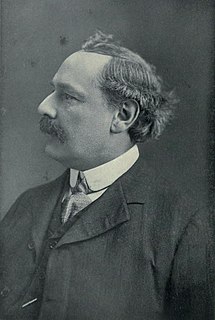A Quote by Friedrich Nietzsche
An important species of pleasure, and therewith the source of morality, arises out of habit.
Related Quotes
And that desire-the strong desire to take pictures-is important. It borders on a need, based on a habit: the habit of seeing. Whether working or not, photographers are looking, seeing, and thinking about what they see, a habit that is both a pleasure and a problem, for we seldom capture in a single photograph the full expression of what we see and feel. It is the hope that we might express ourselves fully-and the evidence that other photographers have done so-that keep us taking pictures.
Future arises out of your misery, not out of your celebration. A really celebrating person has no future; he lives this moment, he lives it totally. Out of that total living arises the next moment, but it is not out of any lust. Of course, when out of celebration the next moment arises, it has more capacity to bless you. When out of celebration the future arises, it goes on becoming more and more rich. And a moment comes when the moment is so total, so whole, that time completely disappears.
Some people automatically associate morality and altruism with a religious vision of the world. But I believe it is a mistake to think that morality is an attribute only of religion. We can imagine two types of spirituality: one tied to religion, while the other arises spontaneously in the human heart as an expression of love for our neighbors and a desire to do them good.
Sorrow, terror, anguish, despair itself are often the chosen expressions of an approximation to the highest good. Our sympathy in tragic fiction depends on this principle; tragedy delights by affording a shadow of the pleasure which exists in pain. This is the source also of the melancholy which is inseparable from the sweetest melody. The pleasure that is in sorrow is sweeter than the pleasure of pleasure itself.









































